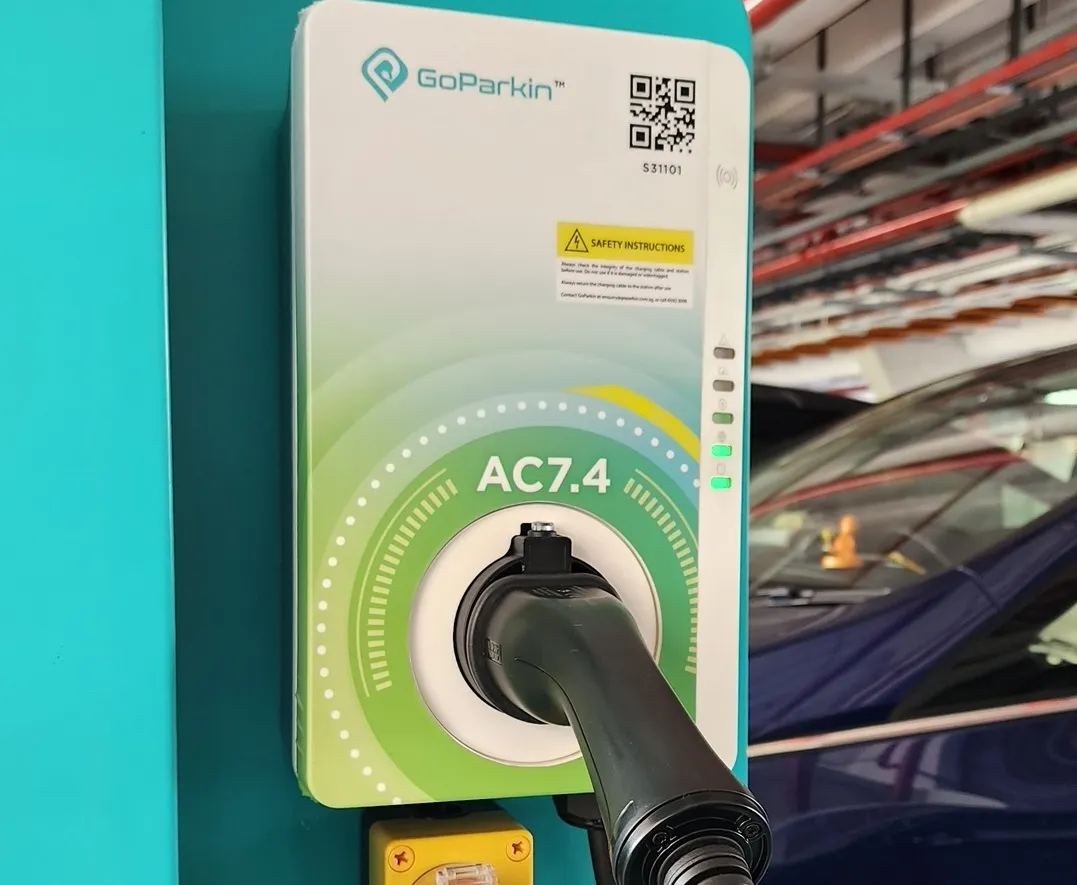Dayli Blockchain is taking part in a smart city challenge to build a solution to help improve parking in the city of Bicheon in South Korea.
The Ministry of Land, Infrastructure and Transportation’s (MOLIT) smart city challenge supports collaboration between local governments and private corporations to solve transportation, environmental and other urban issues, and to create new business models.
Dayli, Yello Mobile’s smart city solution company, says it will provide a service portal to manage individual services including sharing information about parking lots, information about electric car re-charging spots and valet parking.
Additionally, Dayli plans to share data through a blockchain application programming interface with collaborating companies to promote interaction in areas such as drone control.
"We will strengthen the security and transparency of each platform through blockchain technology and expand connected services even more," said Dayli's CEO, Namjin Kim. "In the future, we will launch a sustainable smart city solution that can solve various urban issues."
Aside from Dayli, MOLIT selected local governments to participate in the challenge including Daejeon, Incheon, Gwangju, Suwon-Bucheon in Gyeonggi-do, and Changwon, in Gyeongsangnam-do.
Dayli Blockchain enters South Korea smart city challenge
Dayli Blockchain is taking part in a smart city challenge to build a solution to help improve parking in the city of Bicheon in South Korea.
The Ministry of Land, Infrastructure and Transportation’s (MOLIT) smart city challenge supports collaboration between local governments and private corporations to solve transportation, environmental and other urban issues, and to create new business models.
Dayli, Yello Mobile’s smart city solution company, says it will provide a service portal to manage individua
May 9, 2019
Read time: 2 mins










